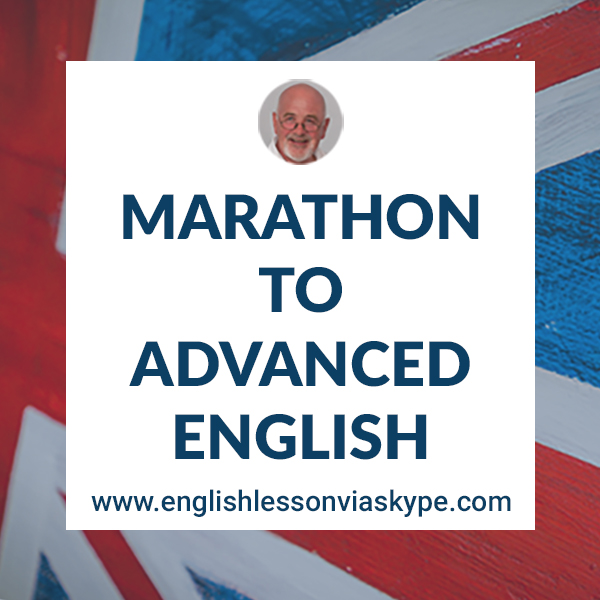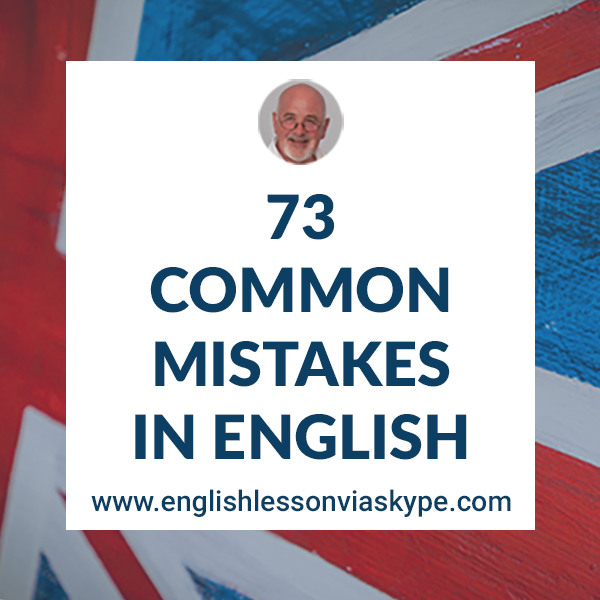Learn 10 ways to say I don’t know in English. It’s important to boost your vocabulary with new words and phrases and avoid repetition.
Learn different ways to say “I don’t know” in English and sound more like a native speaker.
Listen to the podcast Speak Better English with Harry or watch it on YouTube at Learn English with Harry. englishclass101
Better Ways to say I don't know

Harry
Harry is a native English teacher with over 10 years of experience both online and in face-to-face lessons. With his extensive experience in business, he specialises in Business English but happily teaches ESL students with any English learning needs.
10 ways to say I don't know in English
Hi there, this is Harry and welcome back to my English lessons. Today, we’re going to look at some different ways in which you can say ‘I don’t know’. So I’ll give you 10 ways to say I don’t know in English.
Of course, you can just shrug your shoulders and that often works.
But there are times when you need to use more words and phrases. And perhaps you can’t shrug your shoulders when you’re talking to your boss.
The first one we can say is:
I have no idea
Examples:
I have no idea where your order is. I need to go and check.
I have absolutely no idea what you’re talking about!
I have no idea where you left your wallet.
The second option I have for you is
I haven’t the foggiest
Meaning you don’t know, you can’t see the solution in front of you.
It’s an unusual word and I’m sure there are many of you out there that have never heard of the word ‘foggiest’. But I’m sure you heard of the word ‘fog’. In October and November, we get warm days and cold nights and when you wake up in the morning, you’ve got some fog that you can’t really see through. So this is what we mean when you haven’t the foggiest.
Examples:
I haven’t the foggiest what to do for my husband’s 30s. He doesn’t want a party.
Emma’s got skis and not the foggiest what to do with them!
To be honest with you, I haven’t really got the foggiest of what to do next.
10 ways to say I don't know in English
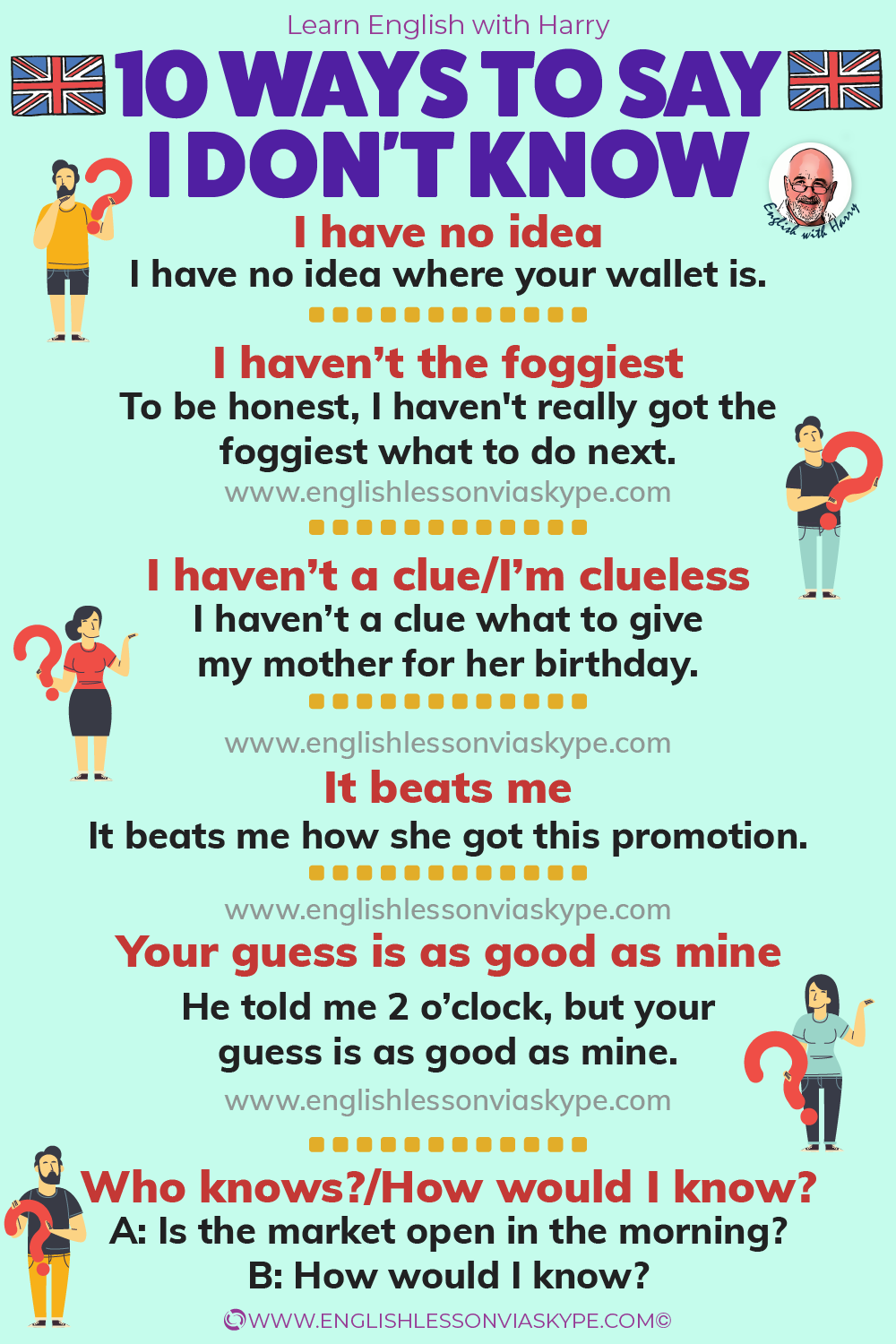
The third choice is connected with the word clue. And we can use this in different ways. We can say
I have no clue/ I haven’t a clue or I’m clueless
They really all mean the same thing.
Examples:
I have no clue what to do with this order, we somehow need to sort out this mess.
I’m absolutely clueless about what to give my mother for Christmas.
I haven’t a clue where your keys are.
book your trial English Lesson
And the next one I have for you is
your guess is as good as mine
We will use it in a more informal way.
Example:
–Daniel is really struggling with maths. We don’t seem to be able to help him.
–Oh, your guess is as good as mine. What can we do? We’ve tried everything.
The next expression we use is
it beats me
Meaning I am really struggling to find an answer to it
Examples:
It really beats me how she got this promotion.
It beats me how this programme works.
10 ways to say I don't know in English
Number six on the list is
don’t ask me
This is informal and quite funny way to say ‘I don’t know’.
Example:
Don’t ask me, I haven’t seen Jack since March.
Number seven on the list is
I’m not sure
This is the best answer to give in a situation when you have some idea but not 100% sure.
Example:
–What do you think of Mark’s report?
–Well, I’m not sure, I don’t know whether that what’s the boss wants to see.
Number eight is
that’s a good question
This is a perfect way to say ‘I don’t know’ when you don’t want to say that you really don’t know the answer. If you ever see politicians interviewed, this is the answer they use when they’re stuck.
Example:
– When will the hospital be finished?
–That’s a good question.
10 ways to say I don't know in English
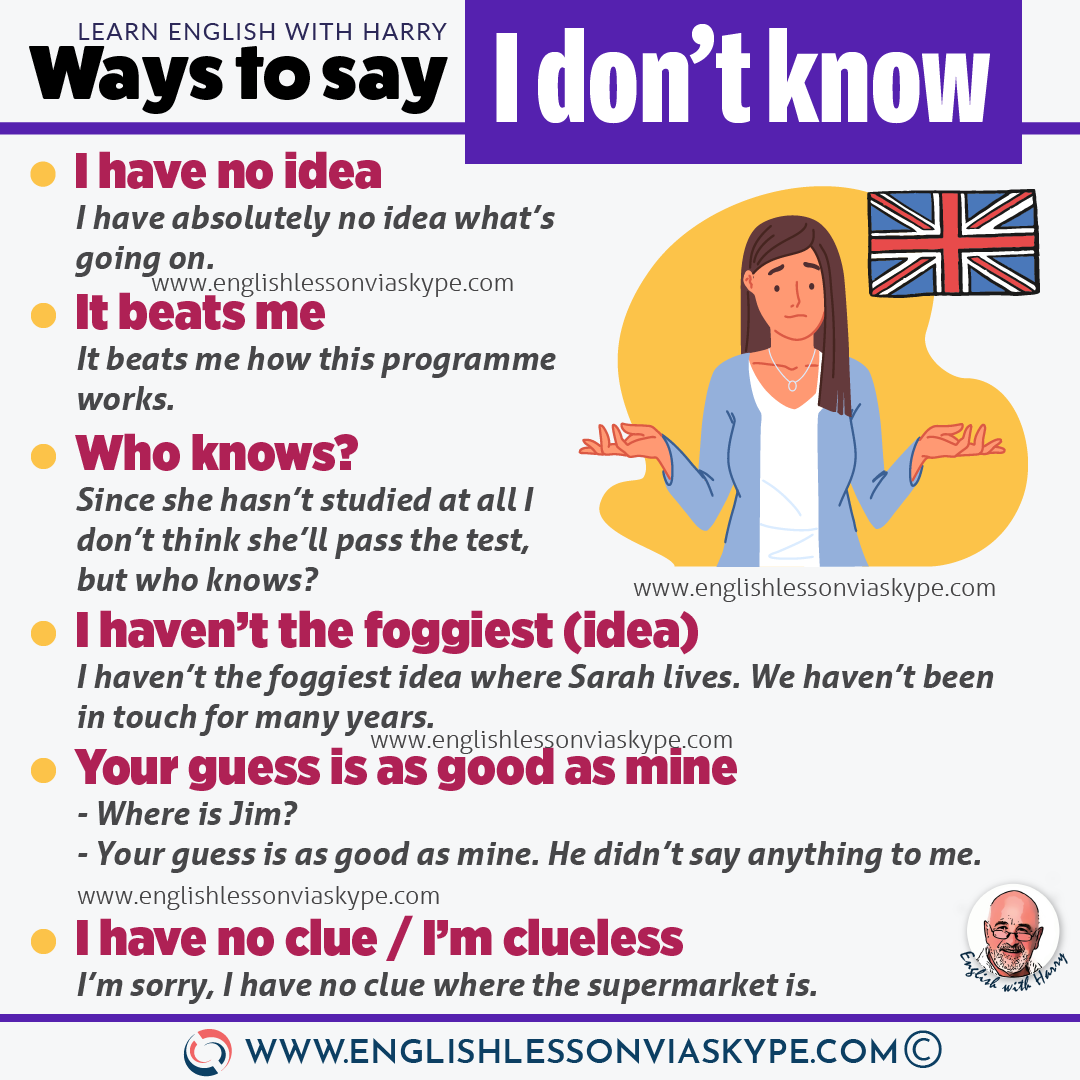
Share and help other students to improve English language skills.
Number nine is very formal
I’ll look into it and get back to you
We use this expression when we really don’t want the other person to know that we have no clue what they’re talking about.
Example:
–What is the sales figure for the month?
–I’ll look into it and get back to you.
And the last one, number ten is
who knows / how would I know
This slightly rhetorical way to say ‘I don’t know’ in English.
Example:
Since she hasn’t studied at all I don’t think she’ll pass the test, but who knows?
Who knows? They never tell me anything. They were here earlier. How would I know?
10 ways to say I don't know in English
So these are all the ways to say I don’t know:
- I have no idea
- I haven't the foggiest
- I haven't a clue/I'm cluless/I have no clue
- Your guess is as good as mine
- Dunno
- It beats me
- Don't ask me
- I'm not sure
- That's a good question
- I'll look into it and get back to you
- Who knows? How would I know?
speak better English with Harry podcast- episode 391
more information
For more information on English grammar rules, English collocations and English idioms, check out the links below:
Phrasal verbs related to decisions
How to start a business meeting in English
You can always study English advanced level at Learning English with the BBC and British Council Learn English.
You will love these English lessons
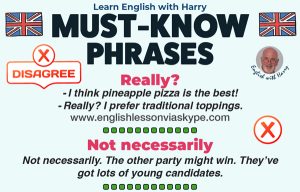
How To Disagree In English Politely
How to disagree in English politely? Learn important English phrases for daily conversations. These common English phrases are useful for
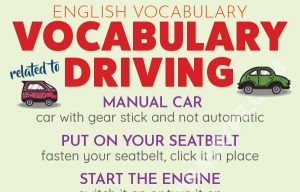

English Vocabulary related to Driving
Here you will learn useful English vocabulary related to driving. Start the engine, exceed the speed limit, go up/down the


Useful Music Idioms In English
Learn music idioms in English. I’m going to give you 10 English idioms connected with music with detailed meanings. You
